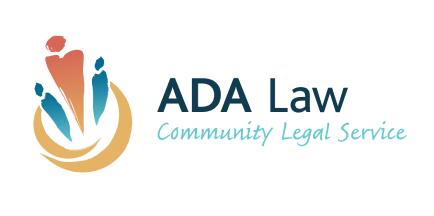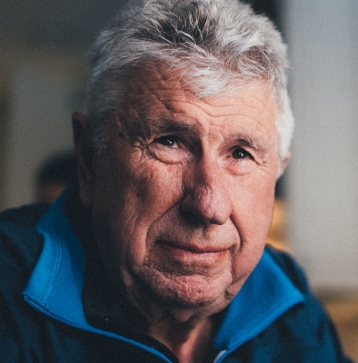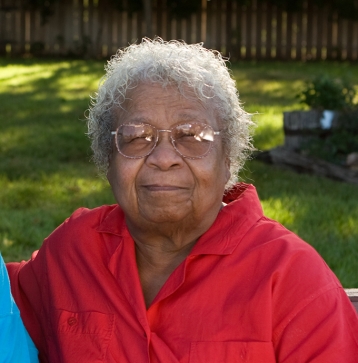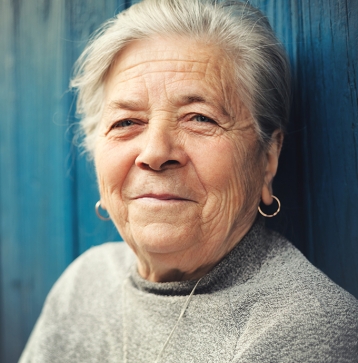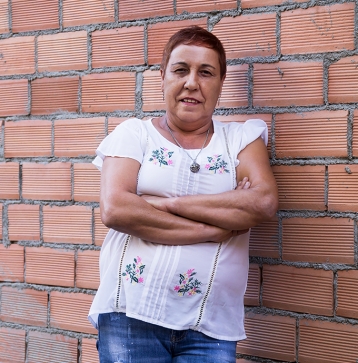Healthcare Decision Making
There are laws and guidelines in Queensland for making decisions about health, whether in an emergency situation, or regarding an ongoing health issue. It’s everyone’s right to have the opportunity to consent to or refuse treatments and the individual must remain at the centre of health decisions. This section provides a number of helpful resources for the community and health professionals which outline:
- relevant legislation and where it applies
- steps for obtaining consent or refusal
- human rights and the importance of supported decision-making
- when to defer to substitute decision-makers and their hierarchy.
These resources have been developed in collaboration with the UQ Pro Bono Centre.
RESOURCES
Healthcare decision making flowcharts
- Who decides about receiving or refusing healthcare Infographic (colour) or (black & white)
- Healthcare decision-making process flow chart
- Healthcare decision making: key principles for health practitioners
Case scenarios process and analysis
- Abraham, a young man who has been brought to Emergency following a motor vehicle accident. Download Process & Analysis
- Elizabeth is a 64 year old retiree who is refusing further dialysis treatment. Download Process & Analysis
- Maria has had a fall and is in Emergency very confused and is on her own. Download Process & Analysis
Guiding Principles
- Health Care Principles: A guide for anyone making health care decisions for a person with impaired capacity.
- Overview of the Human Rights Act 2019
- Queensland Capacity Assessment Guidelines: A guide to understanding capacity, capacity assessment and the legal tests of capacity under Queensland’s guardianship legislation
